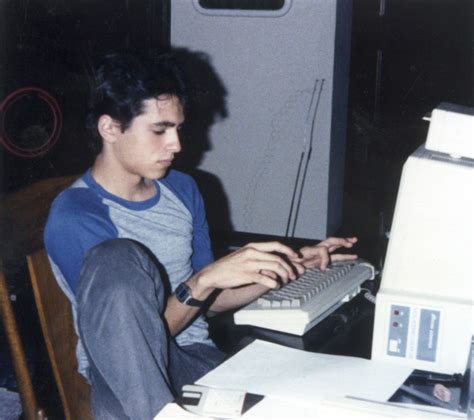A Quote by Nat Friedman
There are a lot of people who've been able to ditch their Windows machines and switch over to Linux because they can now use their Exchange server for calendaring and collaboration from their Linux desktop.
Related Quotes
Linux has more than satisfied any small initial expectations I had. It's simply incredible how successful Linux has been, and how good a time I've had developing it and leading the project. It does take a lot of my time, but it's time I really enjoy spending, and Linux has continued to be challenging both technically and from a managing standpoint.



























